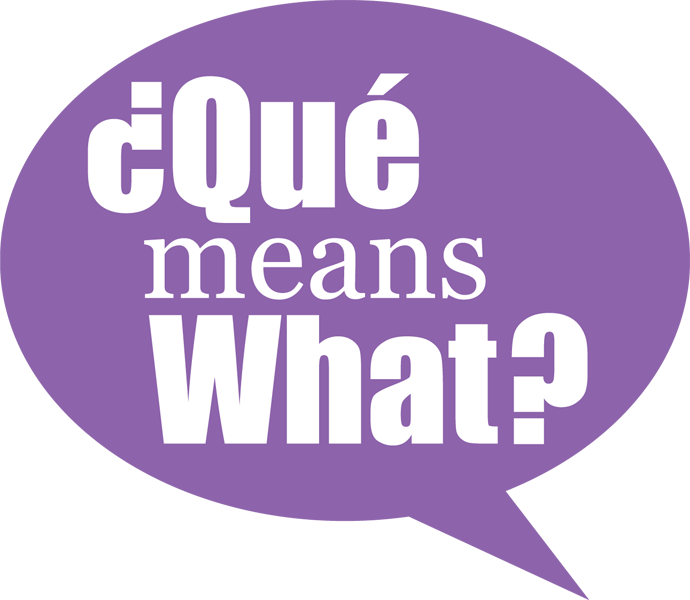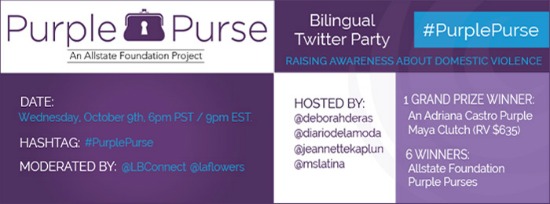Disclaimer: This is a compensated campaign in collaboration with MedImmune and Latina Bloggers Connect.
When your baby gets sick, who do you call? Is your doctor the first person you call when the sickness is something like RSV, a virus that has symptoms like a moderate to mild cold? With recent changes in healthcare, parents are visiting less and less. One in three Hispanic moms has made a decision to avoid or postpone proper treatment for their child because of healthcare costs.
Who are they turning to when Baby gets sick? I often turned to my mom and mi suegra when my babies were sick. Mom knows best. Many Hispanic moms have communities of trusted women – comadres in whom they seek advice, not always parenting advice.
Whether you are a mom, abuela, or comadre, you should know the dangers of RSV and how to help, if you are around a baby. Why? Porque even though RSV is extremely common, many parents are unaware of the dangers that RSV presents to their children. In fact, two-thirds of Hispanic mothers have never heard of RSV, and one in five Hispanic moms only becomes aware of RSV once their child has contracted the virus. There is no treatment for RSV disease once it’s contracted, so prevention is critical, gente!
Let's keep our families healthy. Here are the ABC's of RSV from MedImmune:
A is for Awareness:
What is RSV? RSV is a common seasonal virus, contracted by nearly all children by the age of two, and typically causes mild to moderate cold-like symptoms in healthy, full-term babies. Preterm infants, however, are born with undeveloped lungs and immature immune systems that put them at heightened risk for developing severe RSV disease, often requiring hospitalization.
• RSV occurs in epidemics each year, typically from November through March, though it can vary by geography and year-to-year
• RSV disease is the leading cause of hospitalization for babies during their first year of life in the United States, with approximately 125,000 hospitalizations and up to 400 infant deaths each year • RSV disease is responsible for one of every 13 pediatrician visits and one of every 38 trips to the ER in children under the age of five
• Despite being so common, many parents aren’t aware of RSV; in fact, one-third of mothers (and two-thirds of Hispanic mothers) have never heard of the virus
B is for Babies:
• Premature babies—defined as those born before 37 weeks gestation—are most at risk for developing severe RSV disease because they have underdeveloped lungs and fewer antibodies to fight the virus than babies born full term.
• Amongst Hispanics, the preterm birth rate has grown six percent over the last decade. Currently one in eight Hispanic babies is born premature and it is likely that high prematurity rates are a reason for increased risk of RSV within Hispanic communities.
C is for Contagious:
RSV is very contagious and can be spread easily through touching, sneezing and coughing. Additionally, the virus can live on the skin and surfaces for hours. Learn the symptoms of severe RSV disease and contact your child’s pediatrician immediately if your child exhibits one or more of the following:
• Persistent coughing or wheezing
• Bluish color around the mouth or fingernails • Rapid, difficult, or gasping breaths
• Fever [especially if it is over 100.4°F (rectal) in infants under 3 months of age]
For more information about RSV and prevention, visit www.RSVprotection.com. Let's keep los bebes safe and healthy.
[Tweet “Learn #ABCsofRSV to protect los bebes from RSV.”]





